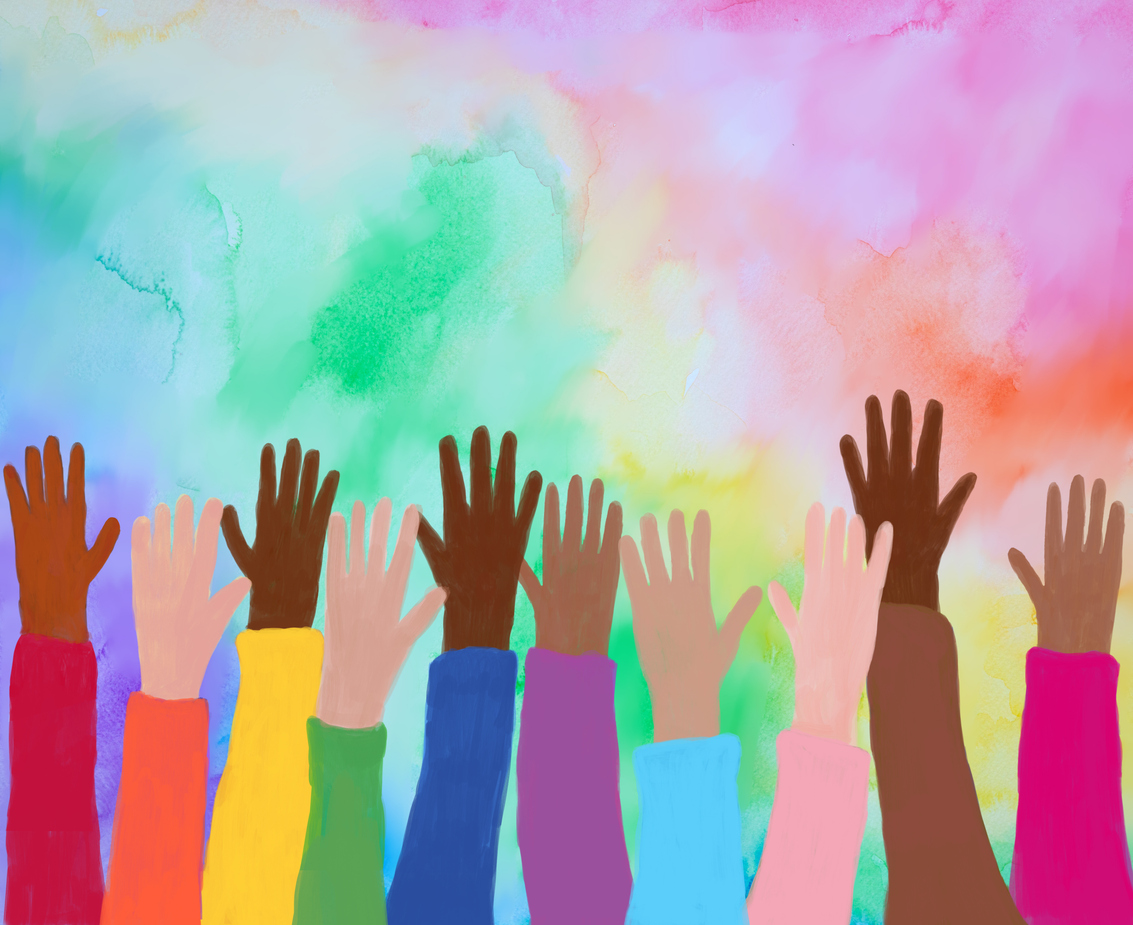Supporting LGBTQIA+ Health and Well-being: Reliable Resources

Members of the LGBTQIA+ community have long faced systemic barriers to physical and emotional well-being, including stigma, discrimination, and lack of access to affirming care. In recent years, those challenges have grown, particularly as accurate, inclusive health information has been stripped from some government websites and digital public health spaces. These removals disproportionately harm marginalized populations and threaten to widen health disparities.
Without access to evidence-based resources, LGBTQIA+ individuals, and the people who support them, are left vulnerable to misinformation and isolation. This isn’t just a political concern; it’s a public health risk. Now more than ever, it is vital that libraries continue to provide and promote quality, inclusive health information to all patrons.
In response, a group of health sciences librarians has come together during Pride Month to curate a vetted list of trustworthy health information resources specifically for and about LGBTQIA+ individuals. Whether you’re helping a patron find affirming care, offering a safe space for teens, or seeking resources to share with families and educators, these tools can support your efforts.
Foundational Glossaries and Terminology Guides
Understanding the language used in LGBTQIA+ communities is a crucial first step in providing supportive and respectful services. These glossaries offer accessible, inclusive definitions and context:
-
HRC Glossary of Terms – A useful starting point for respectful communication and allyship.
-
Lambda Legal Glossary – Legal and identity terms from a key civil rights organization.
-
UC Davis LGBTQIA Resource Center Glossary – Community-informed and evolving terminology guide.
General Support and Mental Health Resources
-
LGBTQ+ National Help Center – Offers peer support, chatrooms, hotlines, and directories of local resources. Resources include:
- 1-on-1 online peer support chat (all ages)
- Weekly online moderated chat rooms for youth
- LBGT Near Me: a directory of local resources
- LGBT National Hotline
- LGBT National Coming Out Support Hotline
- Pronouns.org – Clear, respectful guidance on personal pronouns.
Finding Healthcare
-
LGBTQ+ Healthcare Directory – The LGBTQ+ Healthcare Directory is “a free, searchable database of all kinds of doctors, medical professionals and healthcare providers who are knowledgeable and sensitive to the unique health needs of LGBTQ+ people in the USA and Canada.”
-
Human Rights Campaign Healthcare Equality Index – Evaluates hospitals and healthcare facilities on LGBTQ+ inclusion and equity.
-
HRC’s LGBTQ+ Patient Resources – Know your healthcare rights, what to do if you experience discrimination, and how to protect visitation and decision-making rights.
Resources for Youth, Educators, and Families
-
imi.guide – Interactive mental health support and identity exploration tools for LGBTQ+ teens (but valuable for all ages).
-
It Gets Better Project – Video storytelling and support platform for LGBTQ+ youth, including an engaging glossary in video format.
-
LGBT Equity Center at UMD – Resources and videos on sharing pronouns and fostering inclusive classrooms.
- Out, Safe & Respected – A Lambda Legal guide for parents and educators working to create safe school environments.
- Trans Student Educational Resources (TSER) – Printable infographics like the widely shared Gender Unicorn and m
-
The Trevor Project – Crisis intervention and suicide prevention services for LGBTQIA+ youth, with downloadable guides for families, allies, and professionals. Includes:
- A hotline: connect to a counselor 24/7 via text, chat, or phone
- Guides:
-
PFLAG – Support and advocacy for LGBTQ+ people and their loved ones.
Resources for Older Adults
-
SAGE – National advocacy and service organization with support for LGBTQ+ elders, including a 24/7 text hotline.
-
LGBT National Help Center – Senior Hotline – Confidential support line for older adults.
-
National Resource Center on LGBTQ+ Aging – Tools and training to improve services for LGBTQ+ older adults and their caregivers.
Media Literacy and Representation
-
GLAAD Media Reference Guide – Definitions and media best practices for respectful, accurate LGBTQ+ representation.
-
TRANSform Hollywood – Industry-facing guide to improving trans representation in film and television.
Why It Matters
Providing these resources in your library isn’t just about information access—it’s about affirming identities, protecting rights, and saving lives. As stewards of community knowledge and equity, libraries have a vital role to play in bridging the information gap for LGBTQIA+ individuals. Especially when trusted sources are disappearing elsewhere, your library can stand as a beacon of inclusion, support, and evidence-based care.
For more ideas about how to share or highlight these resources at your library, or to request printable versions, please contact your local health science library network or public library association representatives. Together, we can ensure LGBTQIA+ community members have the information and support they need—not just during Pride Month, but every day of the year.
Tags: healthreferenceatthelibrary, LGBTQIAhealthresources, pridemonth










